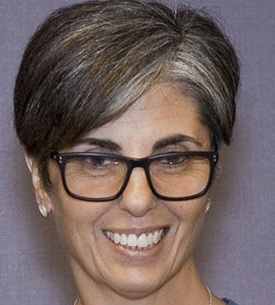
Project Summary:
A new type of cancer treatment, called “immunotherapy”, stimulates the patient’s immune system to fight their cancer. The first immunotherapies were recently introduced into medical practice and have already demonstrated the ability to shrink and sometimes eliminate several types of advanced cancers that were previously considered untreatable.
Glioblastoma is a highly aggressive, incurable cancer with uniformly poor outcomes for patients diagnosed with primary tumours (median OS = 1-2 yrs; 5 year survival rate >10%). Affected patients suffer devastating impact on their quality of life, with symptoms including headaches, nausea and vomiting, seizures, changes in sensation, personality and mood and venous thromboembolism, leading to further complications. Available therapies, including surgery, chemotherapy, whole-brain radiation and anti-angiogenic drugs only interrupt disease progression temporarily, and do so at a tremendous cost in the form of major toxicities and side effects. Current therapies aim to slow disease progression and relieve symptoms, but have only modest impact on the course of disease progression and nearly all patients will relapse. The proposed research aims to improve the quality of care and quality of life for those affected by glioblastoma by developing new, potentially curative therapies.
The proposed research investigates strategies to harness the power of immunotherapy to improve glioblastoma treatment. Available immunotherapies are only effective against some cancers. The main obstacles limiting its efficacy against other cancers are: 1. That the cellular environment within tumours contains signals that actively suppress the activity of immune cells and 2. That some types of tumour are poorly “immunogenic”, meaning that they lack signals to make them visible to immune cells.
The proposed studies will investigate new and innovative approaches to overcome these obstacles and thereby extend the use of immunotherapy to glioblastoma and other poorly immunogenic cancers. To combat suppression of immune activity within tumours, we will use genetic engineering technology to reprogram a class of cell which normally inhibits immune cells to instead produce a powerful immune stimulant within glioblastoma tumours. To make gliblastoma tumours more immunogenic, we will apply a technique to kill tumour cells in a manner that causes them to release powerful immune-activating signals.
If successful, this research will identify new treatments for glioblastoma with the potential to substantially prolong quality survival and possibly even cure some patients.


 The Brain Foundation is the largest, independent funder of brain and spinal injury research in Australia. We believe research is the pathway to recovery.
The Brain Foundation is the largest, independent funder of brain and spinal injury research in Australia. We believe research is the pathway to recovery.